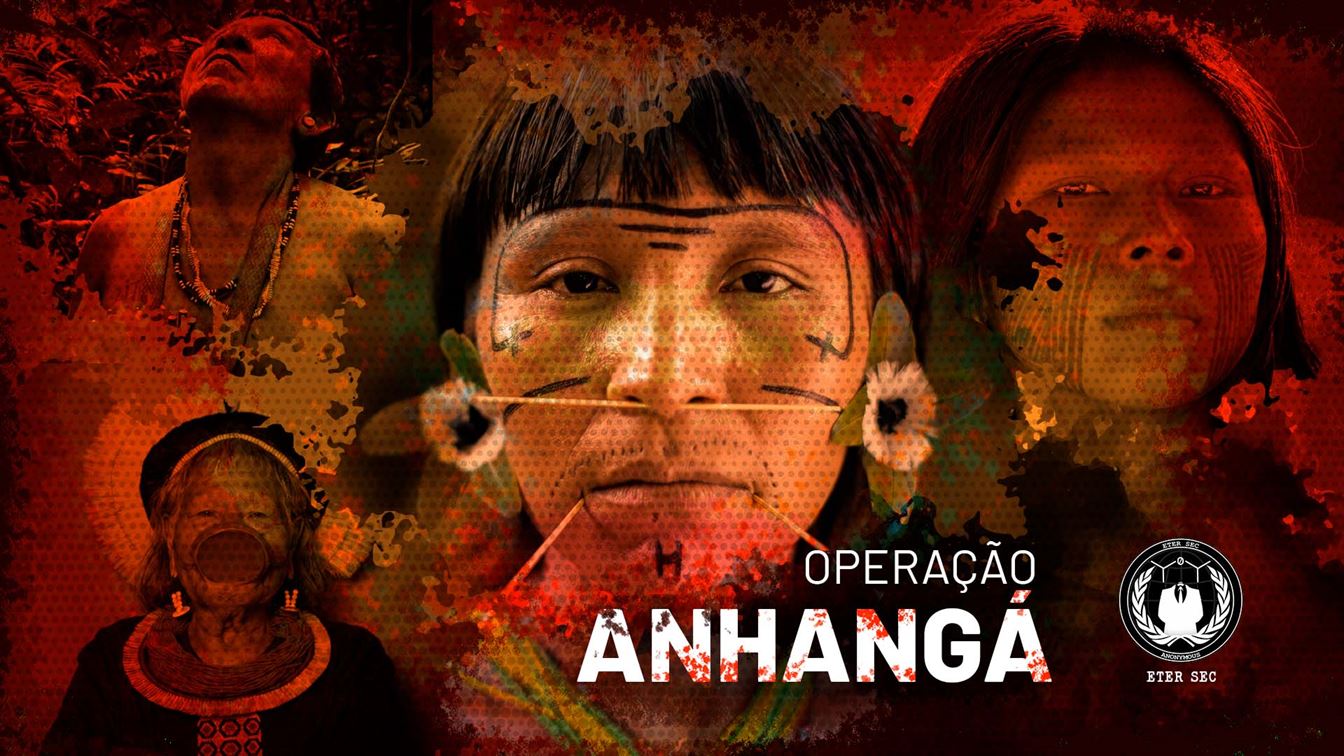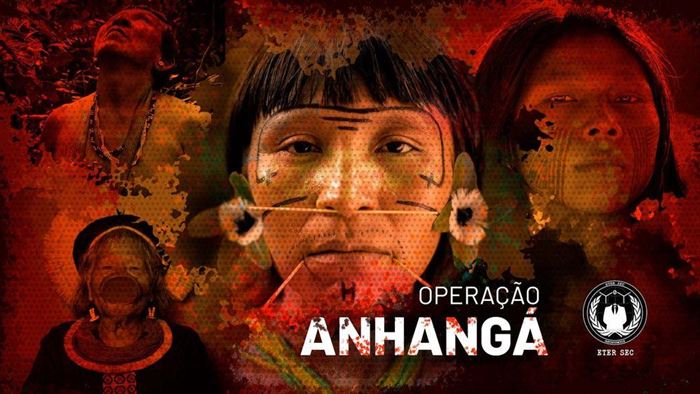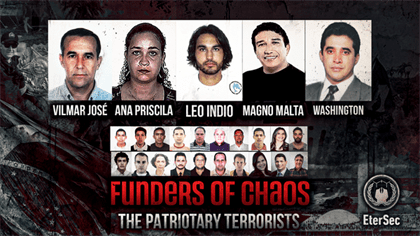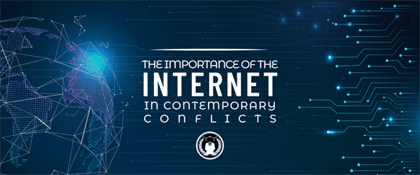#OpAnhangá
Before the colonizers arrived in the Americas, the continent was inhabited by more than 57 million indigenous people, according to estimates by North American geographer William M. Denevan. More than 500 years have passed, and while the total population of the American continents has jumped to more than 1 billion people, the indigenous population has shrunk to less than 45 million, as revealed by the latest population survey by the Economic Commission for Latin America and the Caribbean (Cepal), made in 2014.
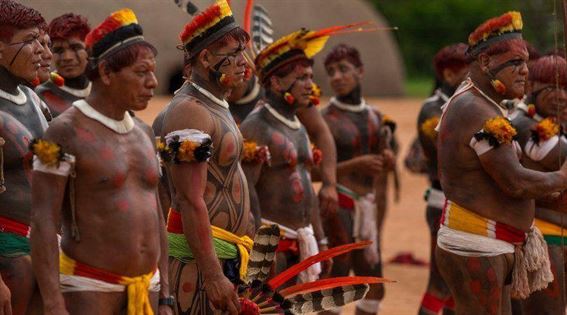
There are more than 250 indigenous peoples in Brazil. All indigenous peoples of South, North and Central America are called Amerindians. And what these populations have in common, besides the originality in their countries, is also the imposition of colonization in their histories. All the violent and exploratory impact that perpetuates in a culture of erasure and dehumanization of these peoples persists throughout history, variable historical moments of massacres, land expulsions and forcing these peoples to live on the margins of society.
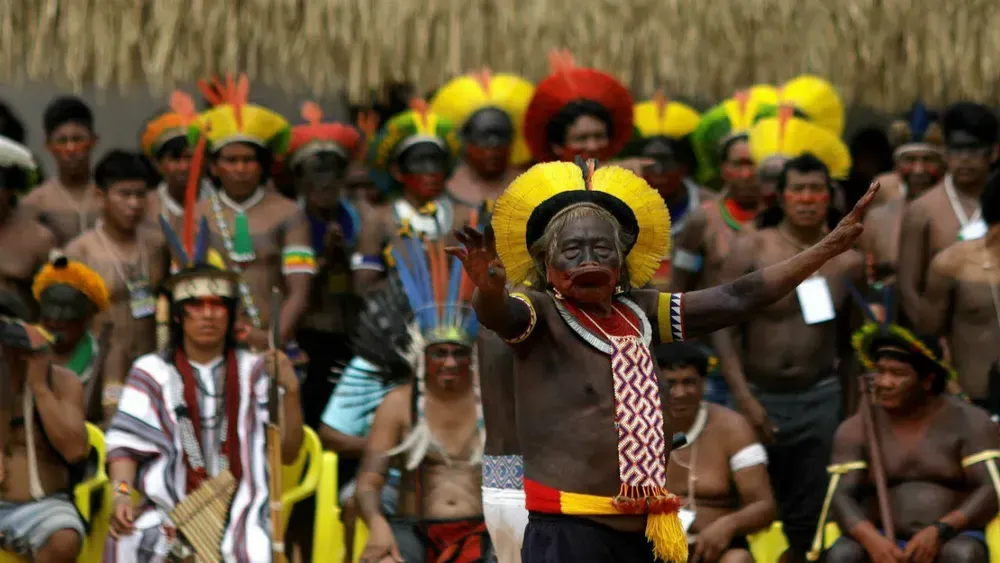
Although these atrocities happen daily, the hegemonic media do not try to report the terror experienced by indigenous populations, except when there are evident demonstrations of these groups in urban areas against federal government measures, as was the recent case of PL 490/2007, which assigned responsibility to the Congress with regard to the demarcation of indigenous lands. The CCJ (Justice Commission) overlooked the constitution by not consulting indigenous communities as required by ILO Convention 169.
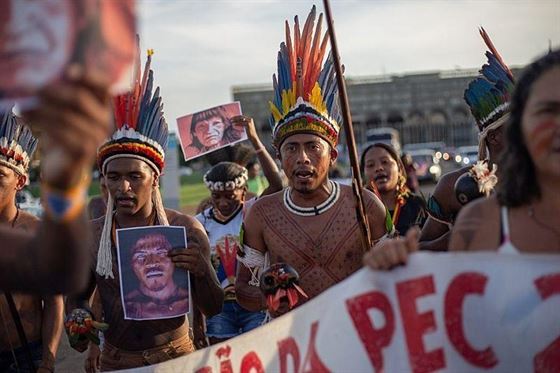
The Bolsonaro government has intensified the conflict with indigenous groups. This is not surprising, because since his campaign, Bolsonaro claimed that under his government there would be no new demarcations and, if it were up to him, there would not be an inch of indigenous land. This speech served to attract the interests of agribusiness elites and practitioners of illegal logging and miners, who to this day are one of the pillars that support Bolsonaro's Government.
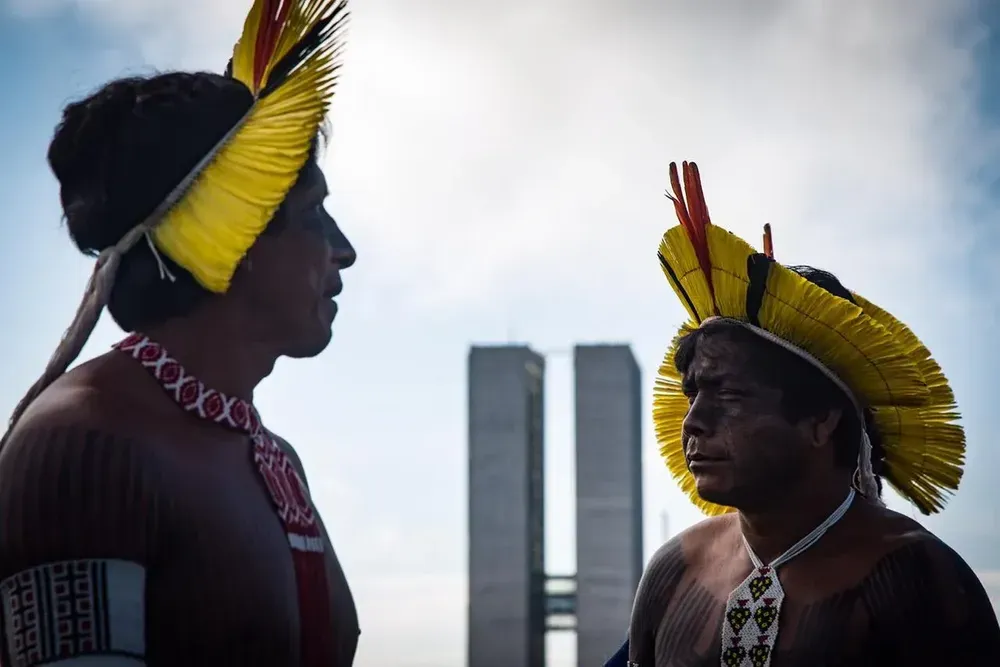
Many norms and laws presented by the federal government represent a total disregard for the culture and preservation of indigenous lands. As the case with Normative Instruction 09/2020, which allows farmers and companies to certify ownership of indigenous lands that have not yet been approved. There are other bills, such as nº 191/2020, in Congress, which aim to regulate the exploitation of resources (mining) in indigenous lands, with the objective of convincing the inhabitants of these lands to engage in this predatory economic activity.
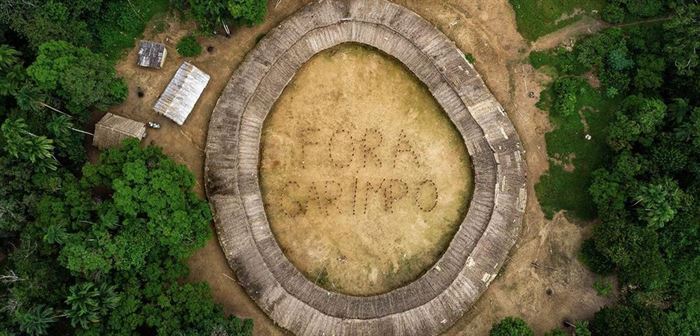
One of these projects has been attracting attention in alternative indigenous media platforms, which is PL490/2007, which several indigenous tribes are against. But what do indigenous peoples claim and what change will PL 490 bring if approved?
The resistance is against the time frame, provided for in PL 490. The PL (Law Project), defended by agribusiness, imposes that the demarcation process be restricted to lands already occupied by traditional/native peoples on October 5, 1988, date of the decree of the Brazilian's Constitution .
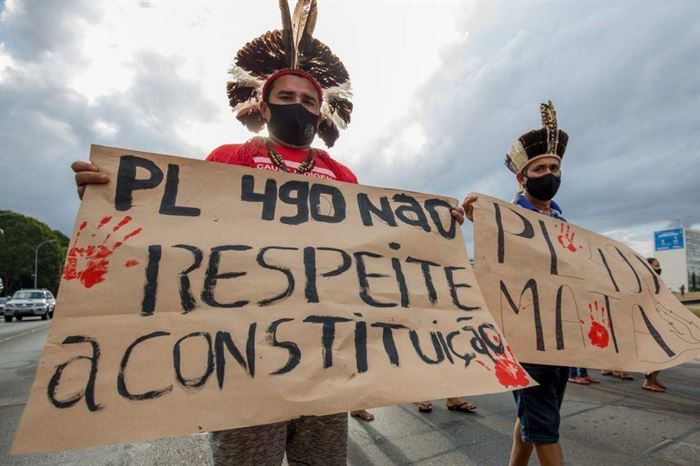
The problem surrounding this Law Project is the specific requirement on the date, many indigenous peoples were not on their lands on the exact date, for various reasons, during the military dictatorship many tribes were transferred from their regions under threats, in addition to the practice of migration mobility, where people move between areas.
Indigenous peoples have denounced the end of the demarcation of indigenous lands, the dispossession and the practice of predatory activities within the demarcated lands. PL 490, authored by former Federal Deputy of Mato Grosso Homero Pereira (PSD), who died in 2013, is intended to harm the rights of indigenous peoples. Changes in indigenous legislation currently, pursuant to law No. 6.001/1973 regarding the process of demarcation of indigenous lands, are restricted to the Executive power, more specifically to the National Foundation for Indians - FUNAI, which may use criteria and wide discretion, that is the freedom of administrative action, within the limits allowed by law. However, this does not guarantee that the decision will act in favor of the people, being able to use the loophole in the law to prioritize the will of large companies or whoever is interested in such a change, thus being able to conclude which particular area of land should be demarcated as indigenous land.
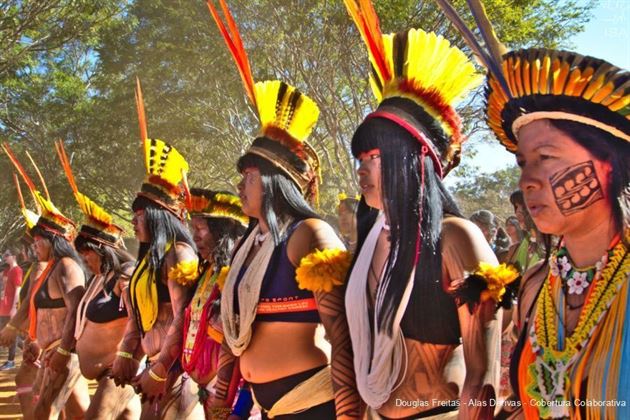
The dispute does not only occur in the economic sphere through the conflict over land. There is a very clear plan to eradicate indigenous traditions and culture as a whole. Now, Bolsonaro has always said that we must insert the natives into our culture, as we must not treat them as "cavemen". Such speech exposes the ethnocentric and racist view in relation to Brazilian indigenous traditions, in addition to being very similar to the ideology of the civil-military dictatorship in relation to indigenous culture. An attempt to put this idea into practice was Resolution 04/2021, published by Funai itself and overturned by the Supreme Court in 2021. The resolution was an attempt to establish "criteria for hetero-identification" in the self-declaration of individuals as belonging to indigenous peoples.
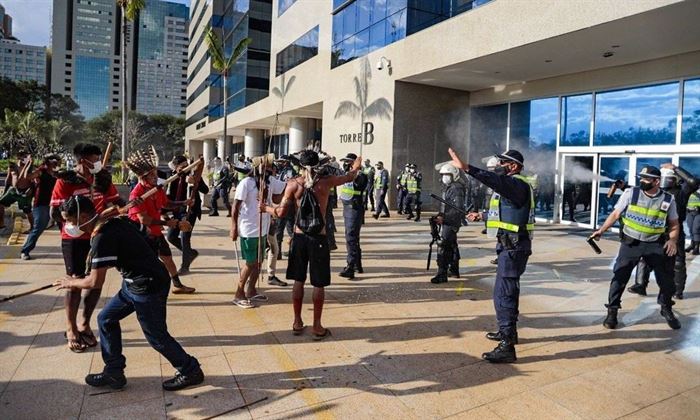
In addition to wanting to erase the identity and recognition of people as indigenous people, the resolution would make it difficult for these people to access public policies and the vaccination program against covid-19 itself, with the indigenous population being the one that most suffers from the pandemic in the Brazil: according to Fiocruz, 48% of indigenous people interned for covid die, the rate is higher than that of the brown (40%), black (36%), yellow (34%) and white (28%) populations. This is a reflection of the State's neglect to promote preventive measures of social distancing and the use of masks in predominantly indigenous regions. Not to mention the difficulty of immunizing the population through vaccination.
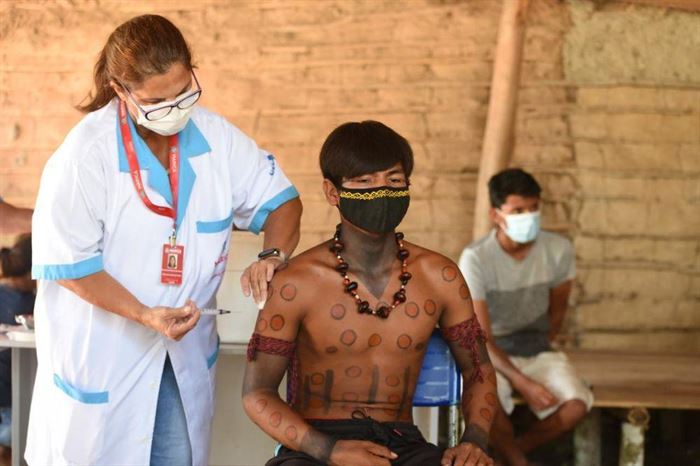
EterSec decided to join the fight against genocide and the erasure of indigenous culture promoted by the Bolsonaro government and its supporters. Therefore, we organized Op Anhangá: Anhangá is a very frequent figure in the culture and cosmovision of Brazilian indigenous peoples. In the Tupinambá culture, Anhangá is an evil spirit that torments both the living and the dead and that imposes a lot of suffering. It is considered the main obstacle for the dead to reach Guajupiá (a land without evil, where there would be no hunger, war or suffering). In Mawé culture, Anhangá is portrayed as an evil being created by Yurupari (an entity that represents Evil itself) who transforms in various ways to deceive, curse and torment the living.
